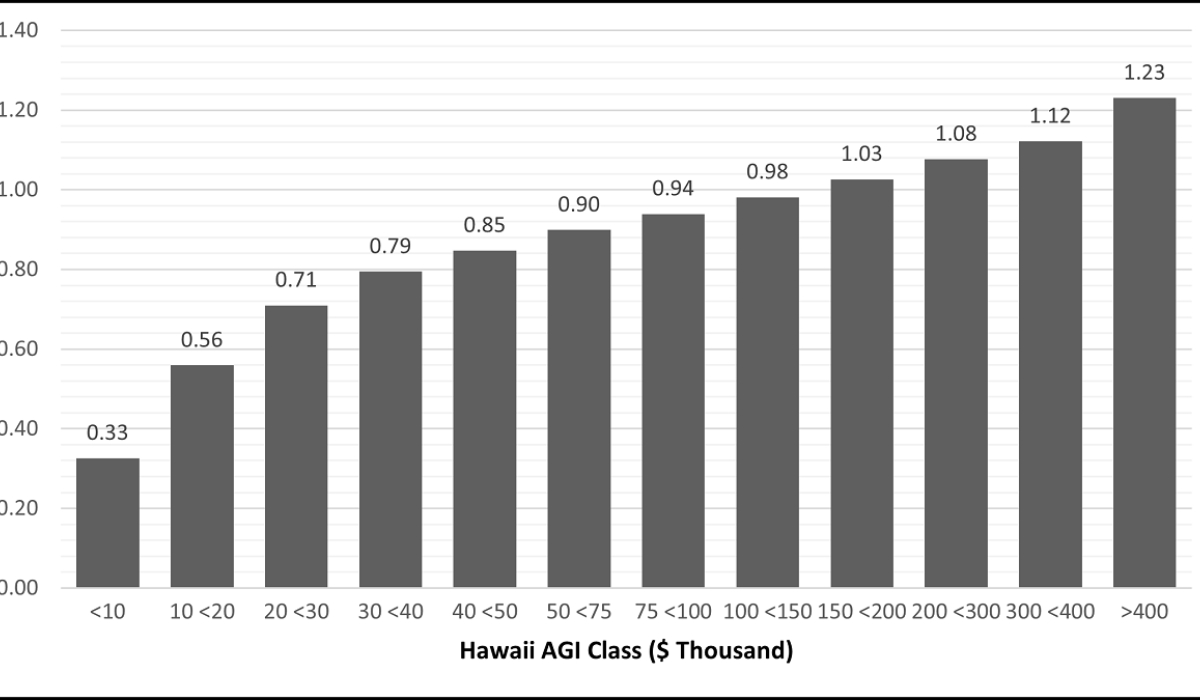Taxing Times: How Evolving Tax Trends are Reshaping Consulting Services
The world of taxation is in constant flux, a dynamic landscape shaped by global reforms, rapid technological advancements, and shifting economic priorities. For businesses navigating this intricate environment, expert guidance is no longer a luxury but a necessity. This evolving panorama of “tax trends” is fundamentally transforming the consulting services sector, demanding new skills, innovative solutions, and a proactive approach from advisory firms.
The Driving Forces: Key Tax Trends
Several key trends are at the forefront of this transformation:
- Global Tax Reforms and Harmonization Efforts: Initiatives like the OECD’s BEPS (Base Erosion and Profit Shifting) 2.0 project, particularly Pillar I and Pillar II, are reshaping international corporate taxation. Pillar II, with its global minimum corporate tax rate of 15%, is forcing multinational enterprises (MNEs) to re-evaluate their entire tax strategies and data management. These reforms introduce unprecedented complexity and data requirements, making cross-border compliance a significant challenge.
- Digitization of Tax Authorities and Real-time Reporting: Tax authorities worldwide are rapidly embracing technology. The shift towards real-time transactional data reporting, e-invoicing, and the use of advanced analytics and even generative AI by tax administrations is becoming a reality in many jurisdictions. This heightened visibility into business operations demands greater data accuracy, improved internal controls, and often, significant upgrades to a company’s ERP systems to ensure tax compliance is embedded “upstream” in business processes.
- Increased Focus on Transparency and ESG: The demand for tax transparency is growing, with an increasing focus on who pays how much tax, when, and where. This has a material impact on companies’ reputations and brand perceptions. Furthermore, governments are increasingly leveraging indirect taxes to drive environmental, social, and governance (ESG) policies, creating new obligations and opportunities related to green taxes and sustainability incentives.
- Technological Advancements in Tax Functions: Beyond regulatory pressures, the sheer pace of technological deployment within tax functions is accelerating. Artificial intelligence (AI), machine learning (ML), and Robotic Process Automation (RPA) are no longer futuristic concepts but practical tools for automating routine tasks, enhancing data analysis, and providing deeper insights. Generative AI, in particular, is poised to revolutionize tax research and advisory capabilities, enabling faster analysis and more targeted advice.
- Talent Gap and Skill Evolution: The changing nature of tax work, driven by technology and complexity, is creating a significant talent gap. Tax professionals need to evolve from traditional compliance roles to become technology-savvy advisors, adept at data analytics, prompt engineering for AI tools, and possessing strong business acumen and soft skills for cross-functional collaboration.
Impact on Consulting Services
These tax trends are creating both challenges and immense opportunities for consulting firms:
- Surge in Demand for Advisory Services: Businesses, particularly those with international operations, are actively seeking expert guidance to understand new regulations, assess risks, and adapt their strategies. This drives a significant demand for high-value advisory services, including tax planning, risk management, and strategic finance insights.
- Emphasis on Tax Technology Implementation: Consulting firms are becoming crucial partners in helping clients implement and integrate new tax technologies. This includes assisting with ERP transformations to ensure tax-sensitized data, implementing tax software solutions, and building robust data models for compliance and reporting.
- Specialized Expertise is Key: The complexity of new tax laws and the rapid evolution of technology necessitate highly specialized expertise. Consulting firms are increasingly building teams with deep knowledge in areas like global minimum tax, digital services taxes, international trade, and the application of AI and data analytics to tax challenges.
- Data-Driven Approach to Consulting: The focus is shifting from simply preparing tax returns to advising on the underlying data itself. Consulting firms are helping clients improve data quality, governance, and management to ensure accurate and real-time reporting to tax authorities.
- Strategic Role in Business Transformation: Tax can no longer operate in a silo. Consulting firms are working to embed tax considerations into broader finance and business transformation projects, helping organizations achieve greater efficiency, control, and compliance across their operations.
- Upskilling and Reskilling the Workforce: To meet the demands of the evolving tax landscape, consulting firms are heavily investing in upskilling their own professionals in technology, data analytics, and strategic advisory skills. They are also advising clients on how to build similar capabilities within their in-house tax teams.
The Future of Tax Consulting
The future of tax consulting services will be characterized by:
- Proactive and Predictive Advice: Consultants will move beyond reactive compliance to provide predictive analysis and proactive tax planning, leveraging data and AI to anticipate changes and identify opportunities.
- Integrated Solutions: Tax consulting will be increasingly integrated with other advisory services, such as technology consulting, supply chain optimization, and ESG strategy, offering holistic solutions to clients.
- Focus on Value Creation: As routine compliance tasks become automated, the value of tax consulting will lie in its ability to provide strategic insights, optimize tax positions, mitigate risks, and contribute directly to a business’s financial performance.
- Collaboration and Partnerships: Consulting firms will likely engage in more collaborations with technology providers and other specialized advisors to offer comprehensive solutions to their clients.
In conclusion, the current tax trends present a formidable challenge and an exciting opportunity for consulting services. Firms that embrace technological innovation, invest in specialized talent, and prioritize a data-driven, strategic approach will be well-positioned to guide businesses through the complexities of the modern tax landscape and emerge as indispensable partners in their clients’ success.







